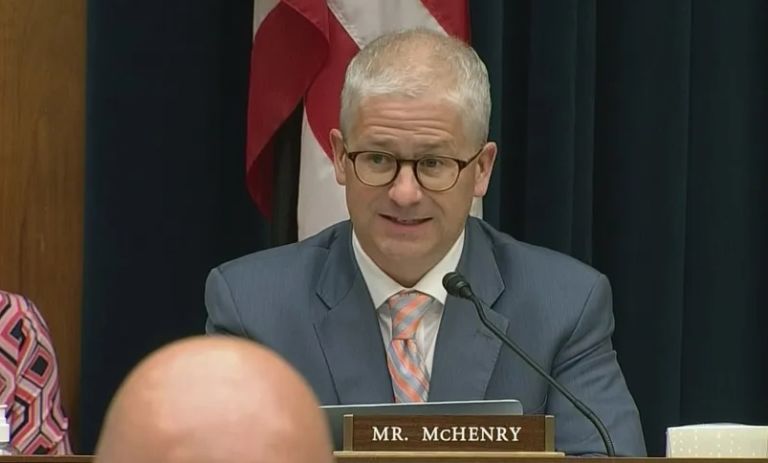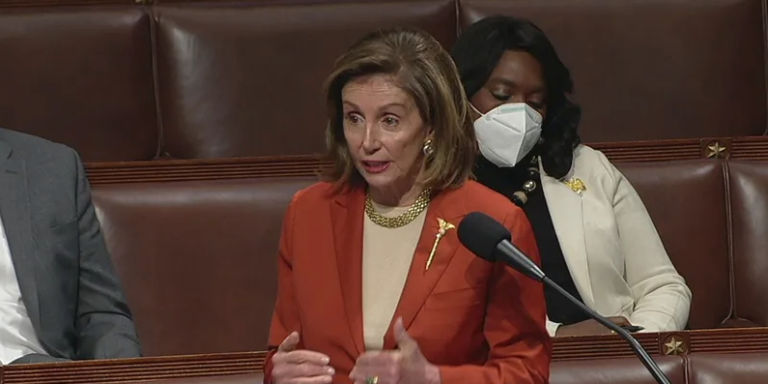James Antle of the Washington Examiner explores the potential impact of upcoming retirements among U.S. Senate Republicans.
Republican retirements in the Senate could help President Biden buck a trend of unfavorable midterm elections for the party in the White House — or produce an upper chamber GOP conference even friendlier to former President Donald Trump than the existing one.
The 2022 elections are expected to set up primaries between Trump-friendly populists and more establishment, business-wing Republicans in the mold of the Senate minority leader, who has reportedly told associates he would like to turn the page on the former president. Only seven Republican senators voted to object to the electoral vote tally of at least one state won by Biden, compared to over 130 GOP members of the House.
So far, only three incumbent Republicans have said they will not seek reelection next year. But Sens. Rob Portman of Ohio, Pat Toomey of Pennsylvania, and Richard Burr of North Carolina all represent relatively competitive states. Their departures may make it at least marginally more difficult for the GOP to recapture the Senate, which they just barely lost in a pair of runoff elections in Georgia earlier this month.
Republicans are expected to defend 20 seats to the Democrats’ 14. There is no Democratic incumbent seeking reelection in a state redder than Georgia, where Raphael Warnock beat Republican Sen. Kelly Loeffler 51% to 49% — the larger of the two runoff margins there. Trump also lost Georgia to Biden by a slim margin, though he blamed voter fraud for the outcome and sparked a feud with the state GOP.
Still, it is possible that the national environment will shift toward Republicans. The party made gains in 1994 under President Bill Clinton and in both 2010 and 2014 under President Barack Obama. Democrats similarly won control of the House in 2018 in a rebuke to Trump.


